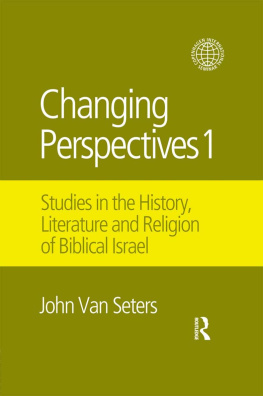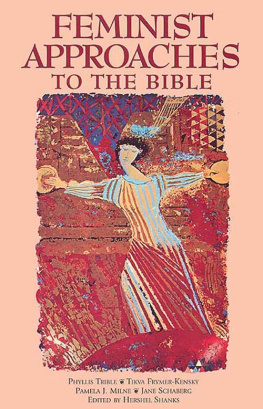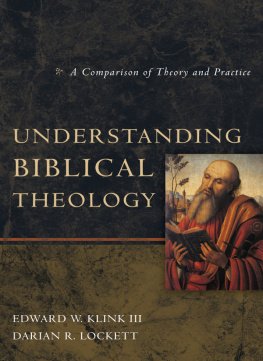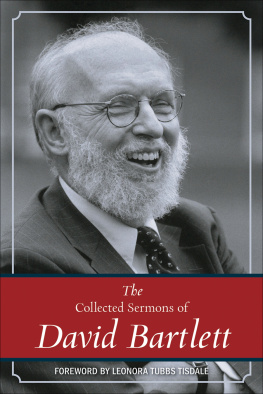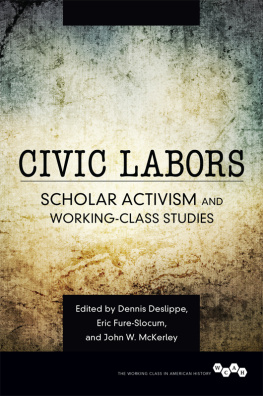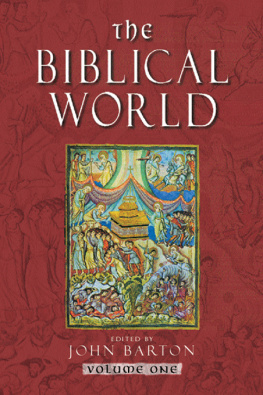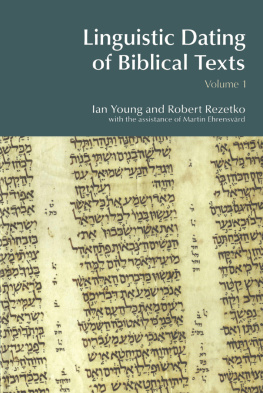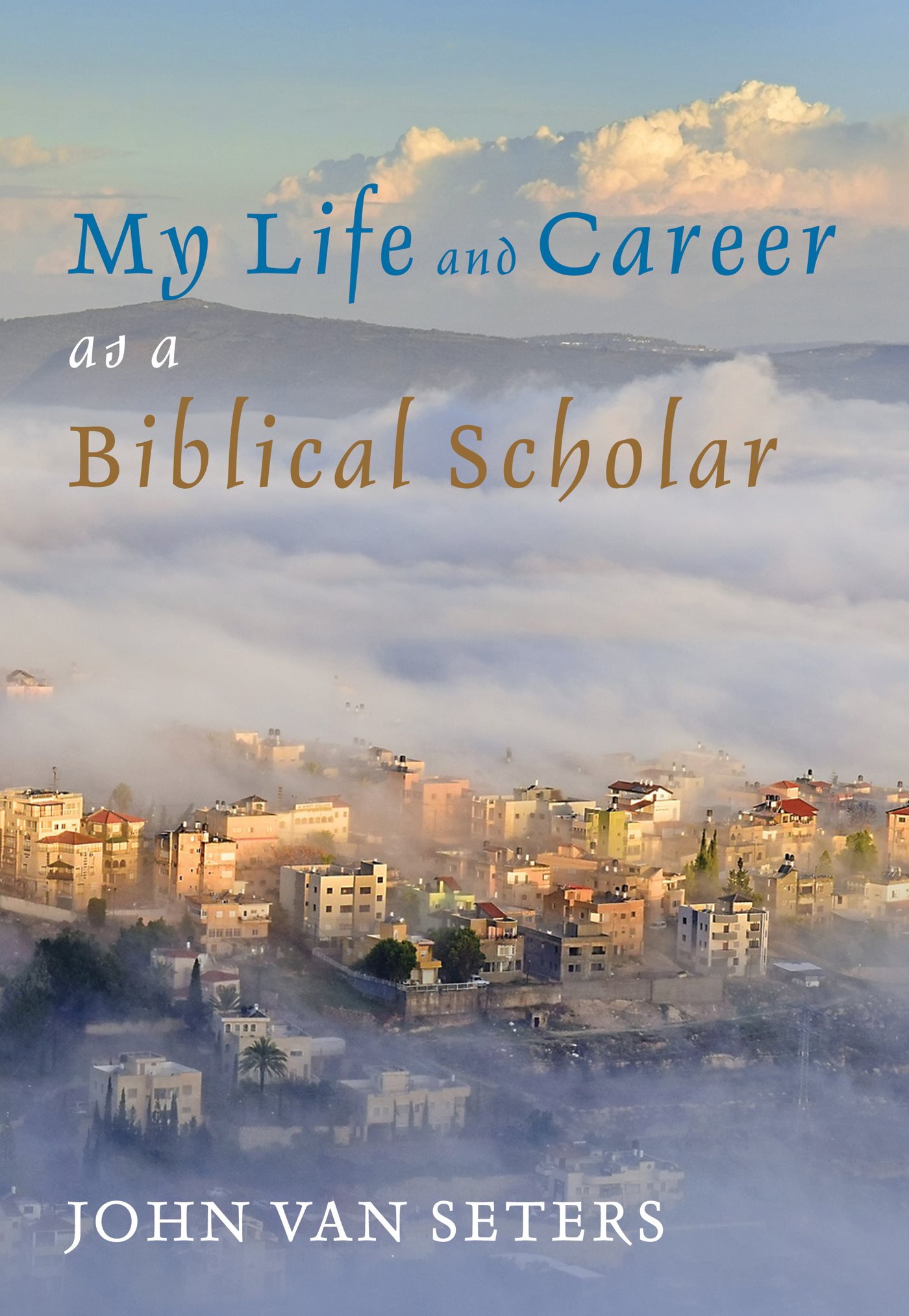Preface
T his book, which attempts to tell the story of my life as a scholar of the ancient Near Eastern world and of the Hebrew Bible within that context, is based primarily upon extensive documentation of the rise and development of my career from early in my academic life down to the present time and not just from memory alone. This means that I have tried to recover as best I could the way that I felt and thought about both religious and academic maters at various stages during my upbringing in a very religious family and my subsequent attempts to deal with that way of thinking once I encountered the academic world of the University of Toronto and my doctoral studies at Yale. This experience of coming to terms with ones religious past within the quite different academic environment has happened to a lot of scholars but few say anything about it in their later academic life. Yet there are many young students and scholars, especially in biblical studies, who need to understand that many of their professors have gone down this same path in their own careers.
The other point that I try to make in this reconstruction of my academic life is that I did not belong to a school of biblical study and interpretation. Unlike the Albright school, which was so prominent in America and had so many followers of Albright and his offspring, there was nothing equivalent at the University of Toronto or Yale, and I had complete freedom to develop my own approach and move forward in my own direction without accepting a particular basic school of thought. This meant that from the very beginning of my career, with the academic tools that I had been given, I had to work out my own understanding of the Near Eastern or biblical material, and to build on that new approach step by step, which so often put me at odds with positions held by various schools of thought. Needless to say, it took a long time to master such an approach, first as it applied to Genesis and then to the Pentateuch as a whole, as well as to the historical books from Joshua to Kings, and particularly to the story of David. This program of research put me at odds with the various schools of biblical studies, whether in American or European, although I was certainly not the only such maverick. The story of my life, which follows, relates the interaction of this experience throughout the course of my career.
As I look back on the story of my life I am constantly amazed at the wonderful career that unfolded, with the making of so many friends in so many different places, all of which was beyond my wildest dreams. Even though I have listed a large number of mentors and friends in this book, there were many more that could not be included. This means that I encountered and had close relationships with scholars reflecting many different approaches to the discipline of biblical studies from so many different countries and academic institutions. With these I was in constant dialogue in my books and articles. My primary interest was in the historical period during which the biblical narratives were written, and within the context of the wider ancient Near Eastern world. This approach led me to become acquainted with the wider culture of Mesopotamia, Egypt and the whole of Syria-Palestine, as well as the archaeology and history of these regions. In addition, my academic studies in the classics led me to understand the relevance of the culture of ancient Greece, which had a long historical association with the ancient Levant, and which in turn had a close and prolonged relationship with Israel and Judah. Consequently, throughout my career I always maintained in close contact with my classical colleagues.
For the last few years while writing up this memoir I have no longer had much academic contact with biblical scholars or been engaged with them in biblical studies, and my travels away from Waterloo, Ontario, where I live have been very limited. This has not been a matter of choice but for reasons beyond my ability to alter. However, during this time, and for a long time previous, my good friend Peter Erb and I have enjoyed each others company once a week over coffee. He has read through the manuscript of this book and suggested some changes, although he is not responsible for the final result. To him I dedicate this book for his longstanding support and friendship.
Introduction
I n this story of my life I have written an account of my development as a scholar from my youth up to the present. While the narrative has focused primarily on my academic career, this cannot be properly understood without knowing something about my background from my youth onwards, the religious environment in which I grew up, and my education from earliest grade school to my post graduate studies. This also applies to an account of my family life throughout my career, which I have tried to keep to a minimum, but I have included enough to explain much that went into the particular form of the background in which my academic life took shape. In reading scholarly works from the past I have often wanted to know more about a particular scholars past, his or her training and the academic environment of the time that produced their training. Indeed, I have often encountered scholars making guesses about my past and background that have been misleading and inaccurate. Furthermore, it is fair to say that my education history has been quite unusual and helps to explain the way in which I developed as a scholar quite distinct from any particular school.
As indicated below, I was born in the middle of the depression ( 1935 ), the fourth child in a family of six children. My parents were Dutch immigrants who had a farm in Bronte, Ontario, but soon lost it in those hard times and so the family moved to Toronto to find employment there. They were very hard times but we survived. My father was a strict Calvinist whose creed included hard work, and I was thoroughly indoctrinated in this viewpoint and way of life and I practiced it with zeal and enthusiasm well into my college years. Along with my brother Arthur I was set on pursuing a life in the Presbyterian ministry and selected my college program of study accordingly. Certain circumstances, however, lead me into post graduate studies at Yale and that changed my whole outlook on life and scholarship. That will all be laid out in what follows. The point that I try to make in this life of scholarship is that one must learn to ask the right questions and then search with an open mind for the right answers. Sometimes those answers only come slowly and over a long period of time and the result of frequent reexamination.
The book is divided into a number of chapters which constitute various stages in the growth and development of my career and especially the contributions, as I see it, that I have made to the discipline of Ancient Near Eastern and biblical scholarship. In many cases these contributions and radical changes have been disputed and rejected, most often with little discussion, but wherever there was serious debate I have always been ready and eager to respond. In this presentation I include a number of cases in which subsequent to the publication of my studies I have been vindicated by archaeological discoveries and other forms of evidence. What is perhaps even more important is that this history of my career exhibits in my work both a consistency and a steady growth which confirms the course that I took and any particular article or book must be seen in the light of this larger perspective and not merely as a debate over one particular article. This book attempts to provide an overview of just such a process.


